Summaries of books about Politics & Social Sciences:
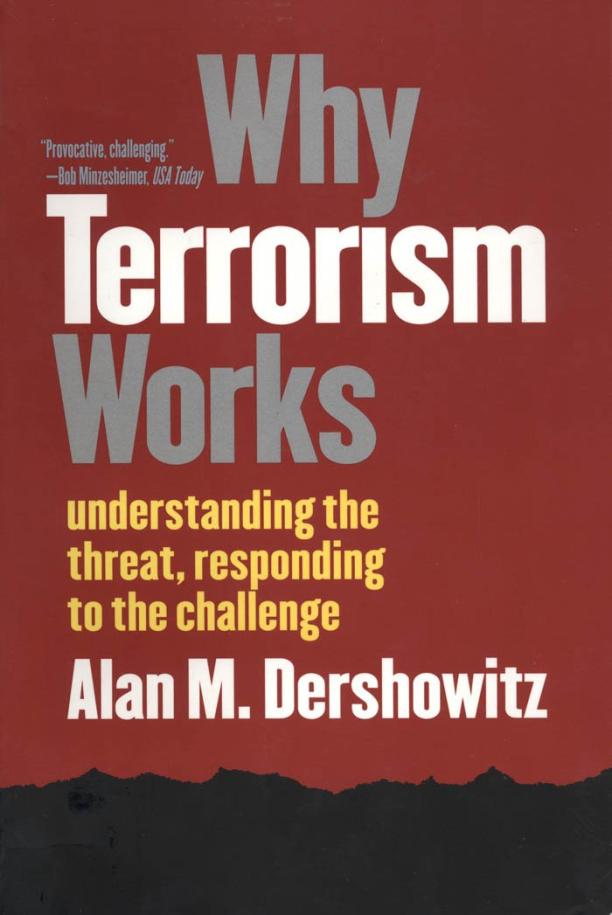
Why Terrorism Works
Understanding the Threat, Responding to the Challenge
Alan M. Dershowitz
The book analyzes the effectiveness of terrorism in achieving political goals, examining how democratic societies are particularly vulnerable to terrorist tactics. It proposes controversial measures, including the issuance of torture warrants and identity cards, to deter future attacks while grappling with the ethical implications of such strategies.
See full summary
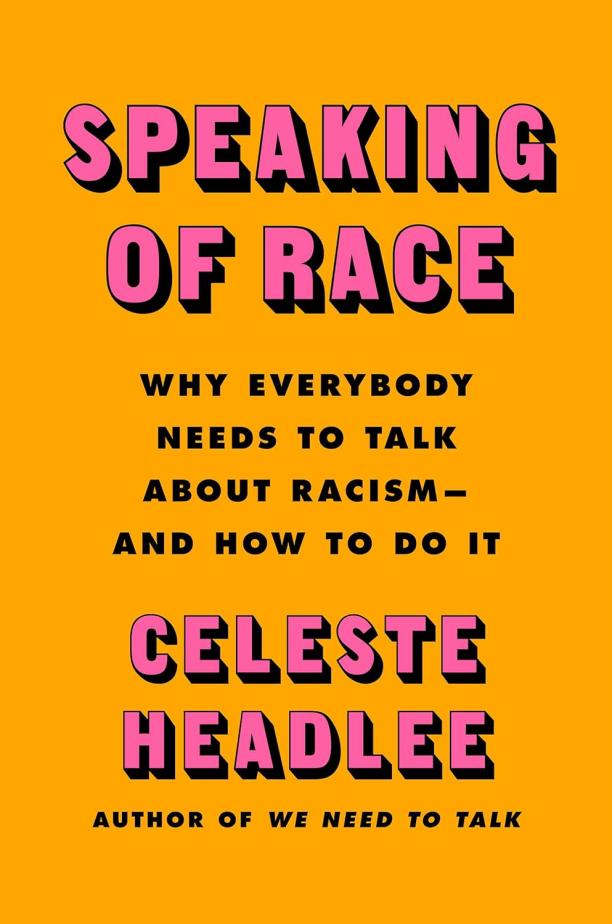
Speaking of Race
Why Everybody Needs to Talk About Racism—and How to Do It
Celeste Headlee
The book provides guidance on how to engage in meaningful and constructive conversations about race and racism, drawing on historical context, personal stories, and research. It offers practical advice for overcoming discomfort and fear to foster open dialogue that can lead to understanding and societal change.
See full summary
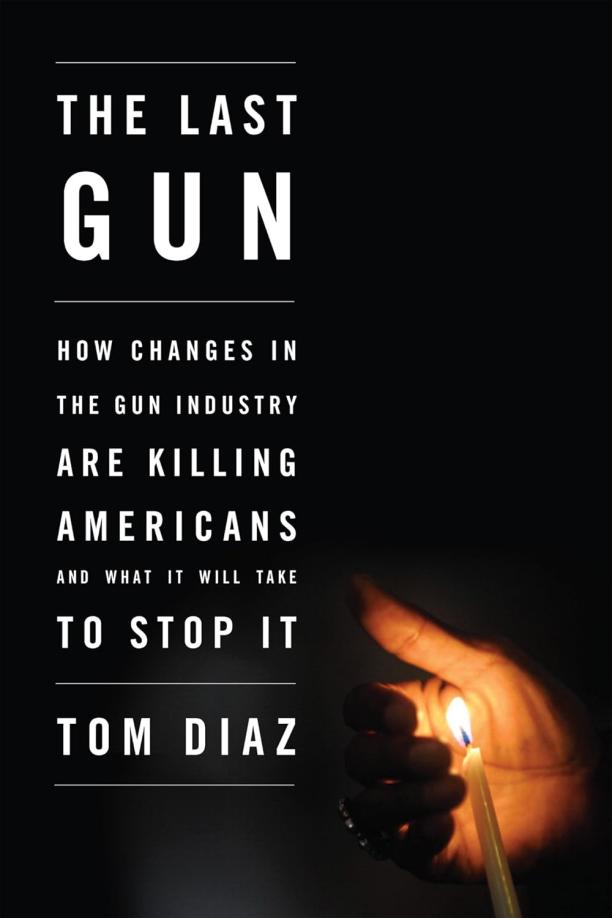
The Last Gun
How Changes in the Gun Industry Are Killing Americans and What It Will Take to Stop It
Tom Diaz
The book examines the transformation of the American gun industry and its impact on gun violence, highlighting the shift towards more lethal, military-style weapons. It also proposes solutions to reduce gun-related deaths through policy changes and public awareness.
See full summary
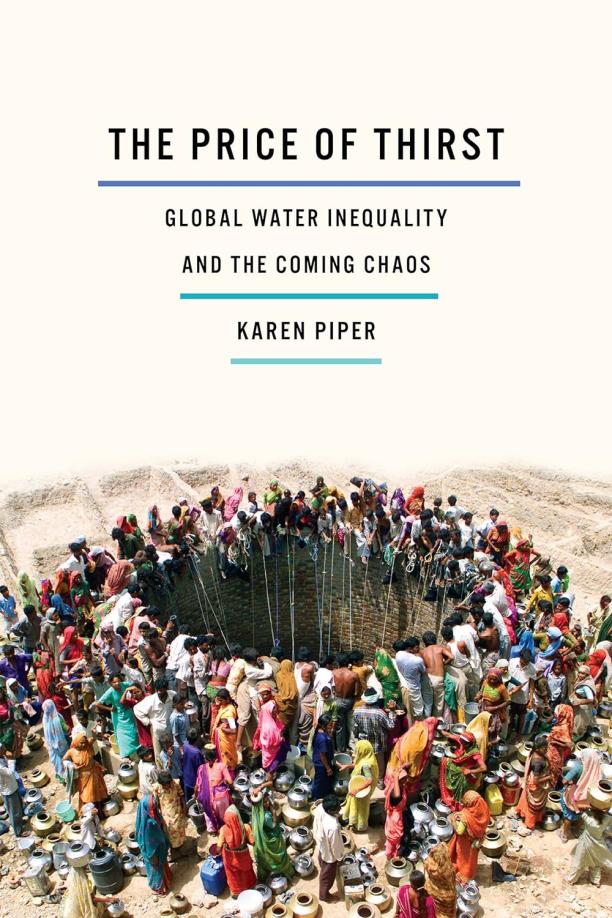
The Price of Thirst
Global Water Inequality and the Coming Chaos
Karen Piper
The book exposes the global crisis of water scarcity and the privatization of water resources, highlighting the social and political consequences of treating water as a commodity. It presents case studies from around the world, illustrating the struggles of communities facing droughts, corporate control, and unequal access to this essential resource.
See full summary
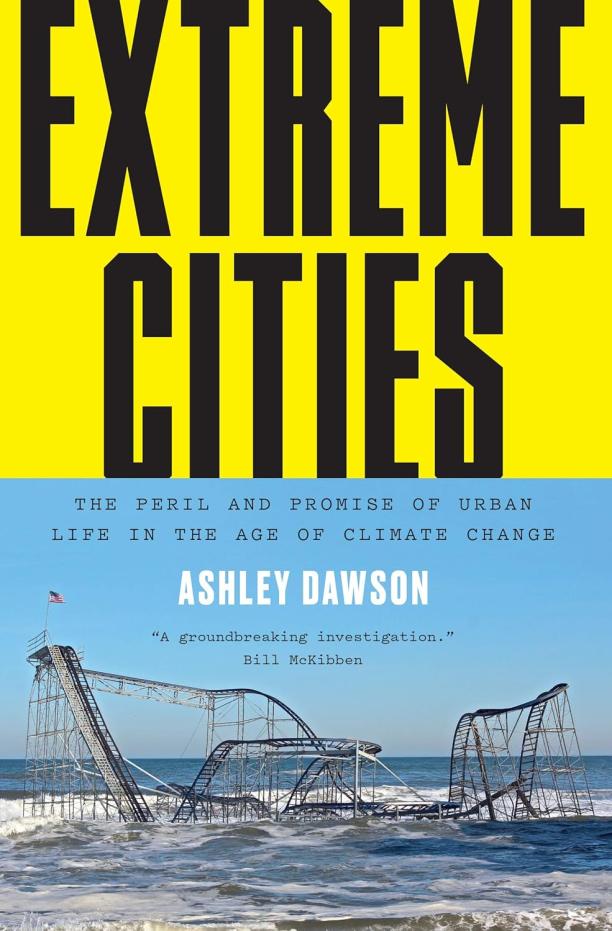
Extreme Cities
The Peril and Promise of Urban Life in the Age of Climate Change
Ashley Dawson
The book examines how cities are at the forefront of the climate crisis, highlighting the vulnerabilities that urban populations face due to rising sea levels, extreme weather, and other environmental threats. It also explores the potential for urban areas to lead in sustainability and resilience efforts, advocating for radical social and environmental justice measures to address these challenges.
See full summary
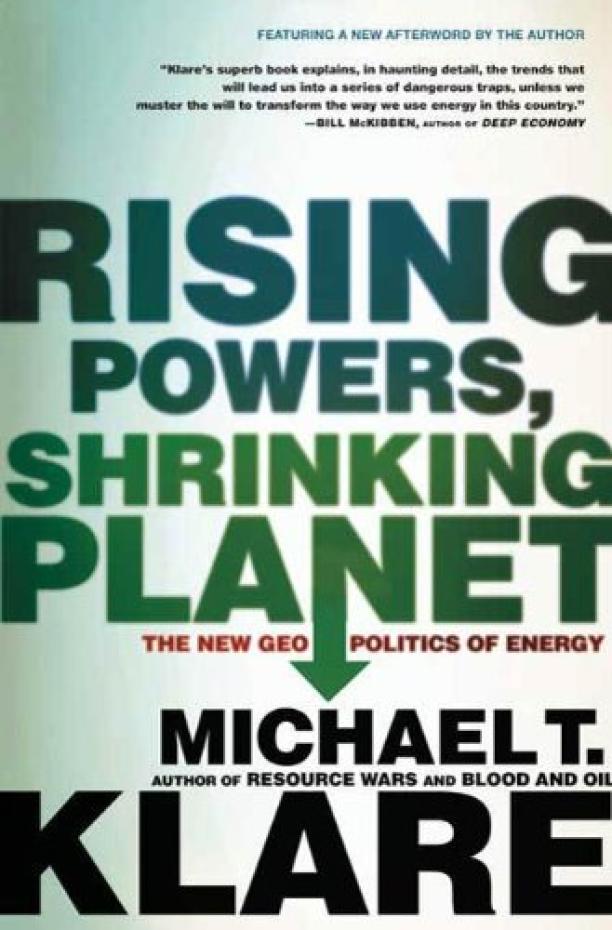
Rising Powers, Shrinking Planet
The New Geopolitics of Energy
Michael T. Klare
The book examines the global competition for dwindling natural resources, particularly focusing on how the increasing demand for energy from emerging powers like China and India is reshaping international relations and leading to potential conflicts. It explores the geopolitical implications of this struggle for energy resources, including military confrontations, alliances, and the impact on the environment and global economy.
See full summary
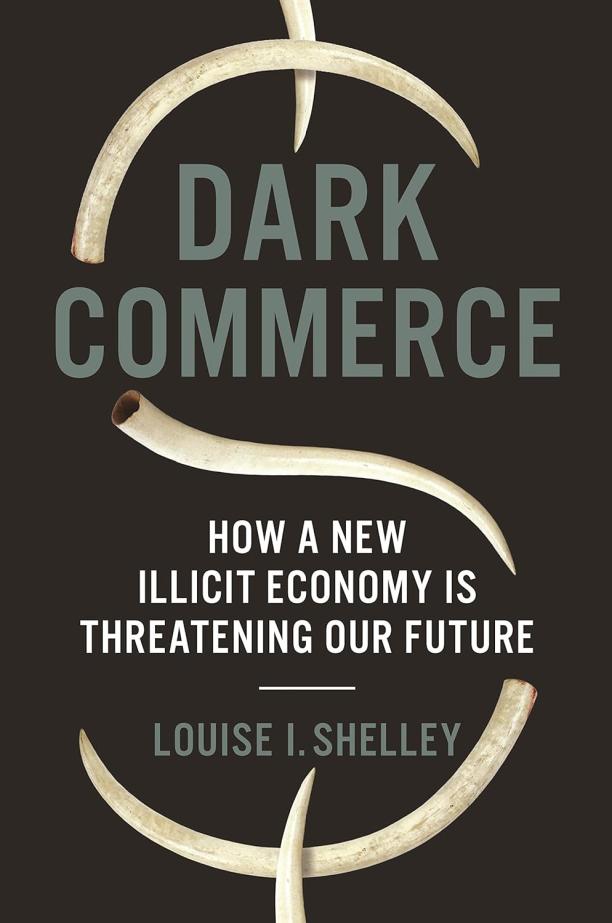
Dark Commerce
How a New Illicit Economy Is Threatening Our Future
Louise I. Shelley
The book examines the rise of a global illicit economy fueled by advancements in technology, globalization, and the increasing interconnectedness of the world. It explores the dark markets that trade in illegal goods and services, from human trafficking to wildlife poaching, and the profound threats these activities pose to security, human rights, and the environment.
See full summary
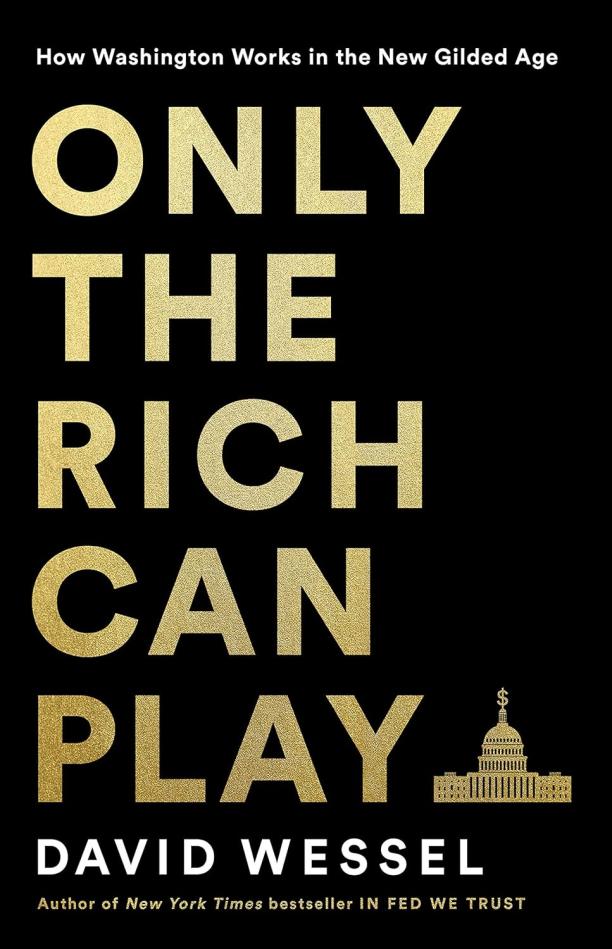
Only the Rich Can Play
How Washington Works in the New Gilded Age
David Wessel
The book delves into the creation and impact of Opportunity Zones, a tax incentive aimed at encouraging investment in distressed American neighborhoods. It examines the policy's implementation, its beneficiaries, and the question of whether it truly serves the impoverished communities it was designed to help or primarily enriches wealthy investors.
See full summary
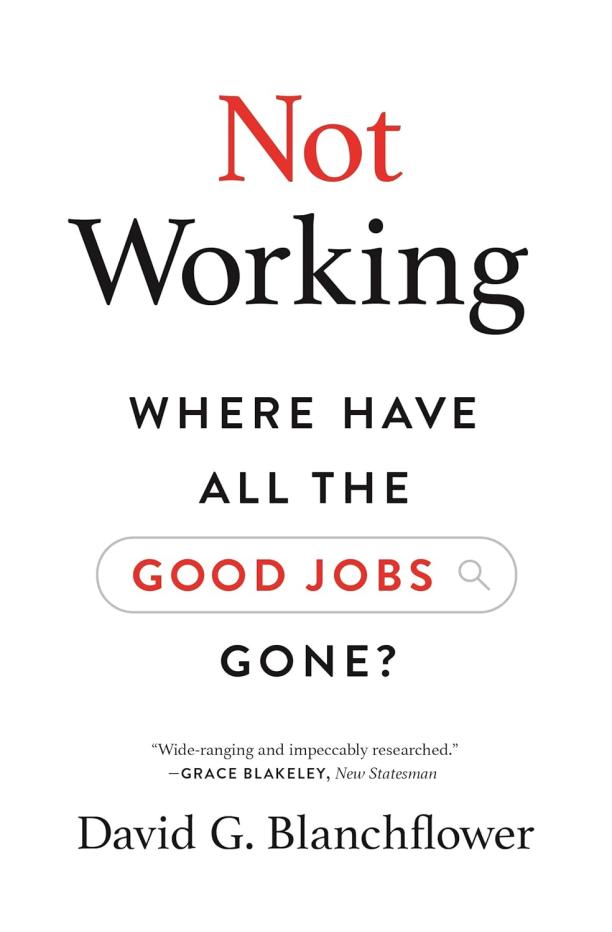
Not Working
Where Have All the Good Jobs Gone?
David G. Blanchflower
The book examines the decline of job quality and the rise of underemployment in advanced economies, analyzing the impact on workers' well-being and the broader socio-economic consequences. It presents evidence of labor market failures and offers policy recommendations to address the growing disconnect between the supply of skilled labor and the availability of secure, well-paying jobs.
See full summary
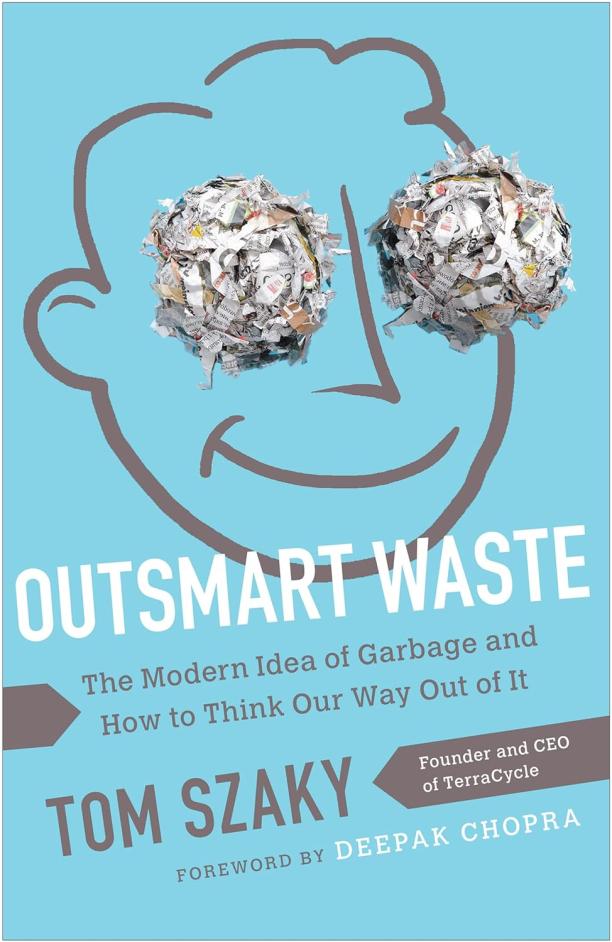
Outsmart Waste
The Modern Idea of Garbage and How to Think Our Way Out of It
Tom Szaky
The book challenges the traditional concept of waste, arguing that garbage is a human invention and not an inevitable byproduct of consumption. It presents innovative ideas and practical solutions for rethinking waste, emphasizing a circular economy where everything can be repurposed, recycled, or composted to minimize environmental impact.
See full summary